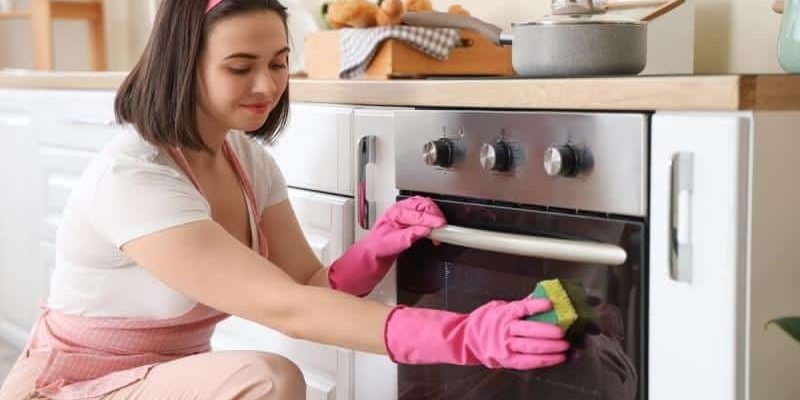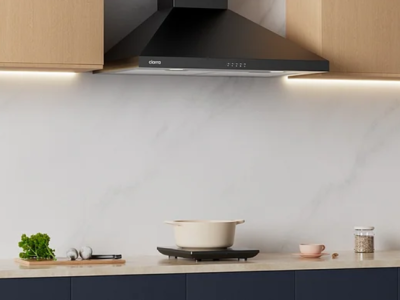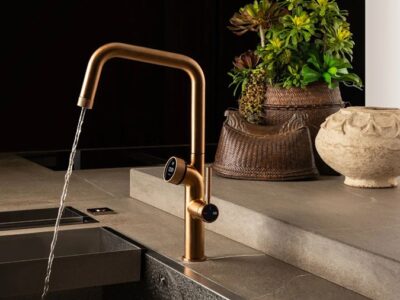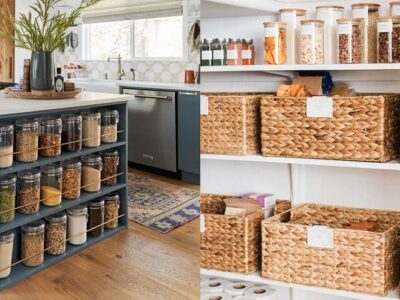Behind every perfectly roasted chicken, golden loaf of bread, or bubbling lasagna is one unsung hero: the oven. For most home cooks, it’s a cornerstone of the kitchen, relied on for everything from weeknight meals to holiday feasts. But while we obsess over ingredients, recipes, and kitchen gadgets, there’s one thing we often overlook — the oven itself. Specifically, how well we maintain it.
Proper oven care isn’t just a matter of hygiene or keeping up appearances. It’s about more than cooking performance. Neglecting your oven has hidden consequences: it compromises energy efficiency, increases safety risks, shortens the appliance’s lifespan, and even alters the way your food turns out. Here’s why regular maintenance matters — and what you’re risking when you ignore it.
1. Efficiency: Your Energy Bill Feels the Difference
When an oven is coated in layers of baked-on grease or food debris, it doesn’t operate the way it should. Heat circulation becomes uneven, sensors may give inaccurate readings, and your oven has to work harder — and longer — to reach the set temperature.
This inefficiency translates directly into higher energy usage. Whether your oven runs on gas or electricity, a poorly maintained appliance can consume significantly more power than necessary. A dirty door seal, for instance, can let heat escape during cooking, making the oven reheat constantly to maintain temperature. The result: longer cook times, overuse of electricity or gas, and a steadily growing utility bill.
Regular cleaning and inspection of seals, sensors, and heating elements restore efficiency and cut down energy waste — which isn’t just good for your wallet, but also for the environment.
2. Performance: Clean Oven, Better Cooking Results
A dirty oven isn’t just inefficient — it’s unreliable. Grease build-up, carbonized food particles, and residue from past meals can all interfere with your cooking. Hot spots can develop, leading to inconsistent baking. That sour, burnt smell when you preheat? It’s not just unpleasant — it can affect the taste of your food.
Over time, these residues can also produce smoke, which disrupts cooking and adds unwanted flavors to your dishes. Pastries baked in a smoke-filled oven take on bitter notes. Roasted vegetables might brown unevenly. And meats? They may dry out on one side while remaining undercooked on the other.
Keeping your oven clean doesn’t just make your kitchen smell better — it preserves the integrity of your food and helps ensure consistent, high-quality results every time.
3. Safety: Fire Hazards Lurk in Forgotten Grease
One of the most overlooked risks of a neglected oven is the increased chance of fire. Baked-on grease, food spills, and oil splatters can ignite under high heat, especially during high-temperature baking or broiling. These aren’t just minor flare-ups — in some cases, they can escalate into dangerous kitchen fires.
Smoke from burnt residue can also trigger false alarms or worse — mask the signs of an actual problem, such as electrical faults or gas leaks. A malfunctioning thermostat or overheating element can go unnoticed until it becomes hazardous.
Routine maintenance — including inspecting heating elements, replacing damaged seals, and cleaning up spills quickly — significantly reduces these risks. In households with children or pets, these precautions aren’t optional; they’re essential for keeping your kitchen safe.
4. Longevity: Ovens Aren’t Built to Withstand Neglect
An oven is a long-term investment, and like any major appliance, it benefits from consistent upkeep. But many people treat ovens as if they’re indestructible — using them year after year with minimal care, then expressing surprise when parts fail or performance nosedives.
Grime and residue can damage internal components over time. For example, fan-assisted (convection) ovens can become clogged with debris, making the fan less effective and straining the motor. Heating elements covered in burned-on grease have to work harder, wearing out faster. Sensors may fail to read the correct temperature, leading to inaccurate cooking and wasted food.
If your oven is showing signs of wear — uneven heating, strange odors, or frequent shut-offs — it’s time to consult a Range & Oven Repair Expert. Professional diagnostics can prevent small issues from escalating into costly repairs and help extend the life of your appliance.
With regular cleaning and a little preventative maintenance — like checking seals, verifying temperature calibration, and cleaning vents — you can easily add several years to your oven’s lifespan.
5. Health: A Dirty Oven Can Compromise Air Quality
Not only does food residue affect taste and performance, it also impacts the air you breathe. Every time an oven heats up, carbonized debris and leftover grease release fumes — some of which contain potentially harmful compounds, particularly when synthetic coatings or non-food items (like plastic) are involved in spills.
Over time, repeated exposure to these fumes can reduce indoor air quality. In poorly ventilated kitchens, this becomes more pronounced, especially during winter months when windows remain closed.
Regular oven cleaning eliminates these build-ups, reducing smoke and odor, and contributing to a healthier kitchen environment.
6. Maintenance Doesn’t Have to Be a Chore
Most people avoid cleaning their oven because they expect it to be a time-consuming, messy process. But the reality is: regular upkeep is easier than infrequent deep cleans. When you stay on top of spills, wipe down the interior monthly, and run a self-cleaning cycle as recommended by the manufacturer (usually every few months), the task becomes manageable.
A few practical tips:
-
Wipe spills immediately: Don’t let food harden into the surface.
-
Check seals and gaskets quarterly: Damaged seals can cause heat loss.
-
Clean the glass: A clear door helps monitor food without opening it.
-
Inspect heating elements: Look for warping, buildup, or wear.
-
Use oven-safe liners sparingly: Don’t block vents or airflow.
Scheduling an annual professional maintenance check is also wise, especially for older or heavily used ovens. They can spot issues you might miss — before they become expensive problems.
Final Word: Respect the Tool That Does the Heavy Lifting
Your oven isn’t just another appliance — it’s central to the rhythm and routine of your kitchen. Whether you cook daily or only occasionally, taking care of it pays off in ways that go far beyond aesthetics. Better energy efficiency, improved cooking results, reduced fire risks, longer lifespan, and healthier indoor air all come from a simple commitment: don’t neglect your oven.
You don’t need to obsess over it. But you do need to respect it. Regular maintenance doesn’t just keep your oven clean — it keeps your kitchen running at its best.











Comments